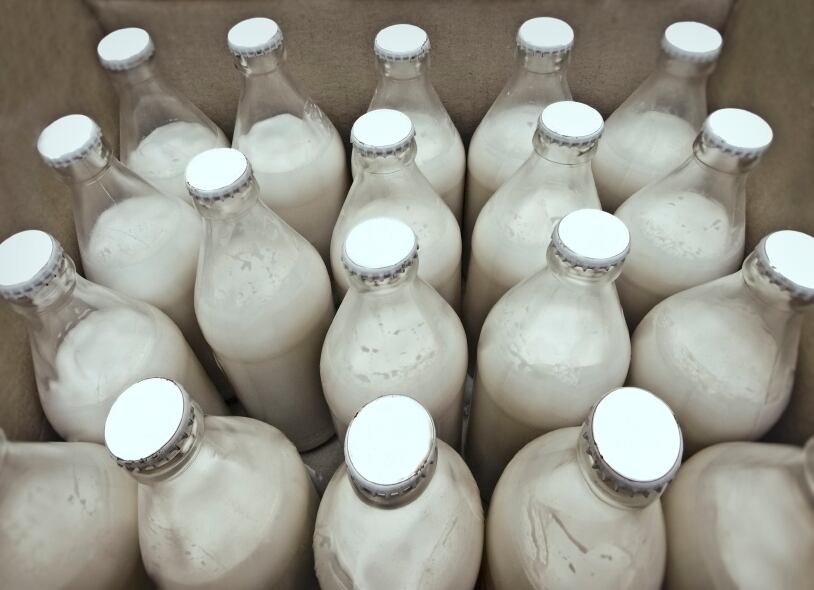The results of the small-scale study, looking at seven healthy young men, suggested that a metered approach to fluid ingestion acted “in synergy” with the nutrient composition of milk in fluid restoration.
“Consumed as the sole recovery diet, neither milk nor the carbohydrate–electrolyte solution (CE) provided optimal nutrition for recovery. However, the protein component of milk, essentially absent in CE and water, may further enhance glycogen resynthesis and promote muscle protein synthesis (MPS),” the researchers wrote in the British Journal of Nutrition.
“In addition, the minerals (Ca, P, Zn, I) and vitamins (A, E, B group vitamins) in milk that are not present in CE contribute to micro-nutrient requirements of the athlete.”
But are these results enough to advise sports people to switch from CE drinks to milk as their recovery product of choice?
Study author and professor of sports science at the University of Limerick Dr Phil Jakeman said milk was “certainly better, and healthier, than a CE solution”.
Milking it
He said all sports people eat food after exercising, which meant other requirements for things like sodium lost through sweat could be gained through food.
While convenience has been put forward as one reason for athletes to consume products specially tailored to contain carbohydrates and electrolytes, the portability of milk, which can go off in the heat, could be overcome.
Jakeman conceded this may be a barrier to the development of milk-based sports drinks, but said this was “not insurmountable in this day and age”.
“Everyone has coolers, sleeves etc to chill beverages,” he added.

The results table
The sports science and nutrition researchers from the University of Limerick in the Republic of Ireland said, in recovery, milk provided 106% of total energy and 82% of total carbohydrate oxidised during exercise compared with 57% and 73% provided by CE.
The recommended intake of carbohydrate in recovery is 1.0–1.2 g per kg per hour during the first four to six hours after exercising.
“The mean intake for milk (1.6 g/kg per 5 h) was higher than CE (1.3 g/kg per 5 h), but both rehydration solutions fell short of the recommended recovery rate for carbohydrate intake,” they said.
Health concerns
Carbohydrate–electrolyte sports drinks are designed to replace fluid and electrolytes lost in sweat and the repletion of body energy reserves.
A 500 ml bottle of market leader Lucozade Sport for example contains 140 kcal, 32 g carbohydrate, 18 g sugars, and 0.63 g of salt.
High sugar content has brought such products under fire.
Last November a study into the dental health of 187 professional football players in the UK found nearly four out of ten had active tooth decay, while one in 20 had irreversible gum disease.
The study published in the British Journal of Sports Medicine showed nearly two thirds (64%) drank sports drinks at least three times a week, yet the researchers said the association between sports drinks and dental erosion remained unclear.
The study was referenced again in June by those concerned by a study by the Cardiff University School of Dentistry, which found about 90% of teenagers drink sports drinks for the 'nice taste' not the intended functional purpose.
The researchers said this was needlessly increasing their risk of obesity and tooth erosion.
A spokesperson for Lucozade Ribena Suntory (LRS) said at the time its market leader Lucozade Sport was "designed [for], advertised and marketed" to those doing exercise for longer than 60 minutes where fuel and hydration support is needed.
Yet it has also launched a ‘Lite’ version with less carbohydrate, i.e. sugar, for those doing less intense exercise.
Source: British Journal of Nutrition
“A metered intake of milk following exercise and thermal dehydration restores whole-body net fluid balance better than a carbohydrate–electrolyte solution or water in healthy young men”
Published online ahead of print, doi:10.1017/S0007114516002907
Authors: S. Seery and P. Jakeman
